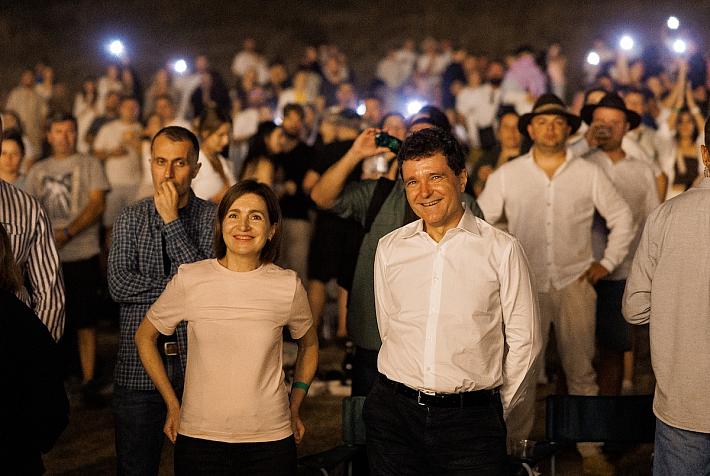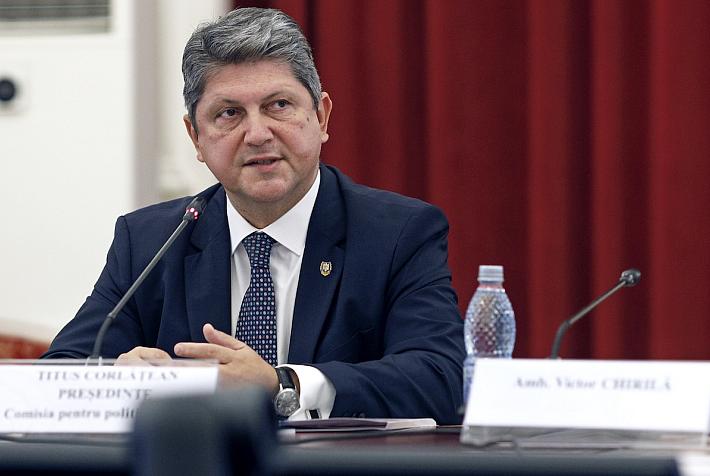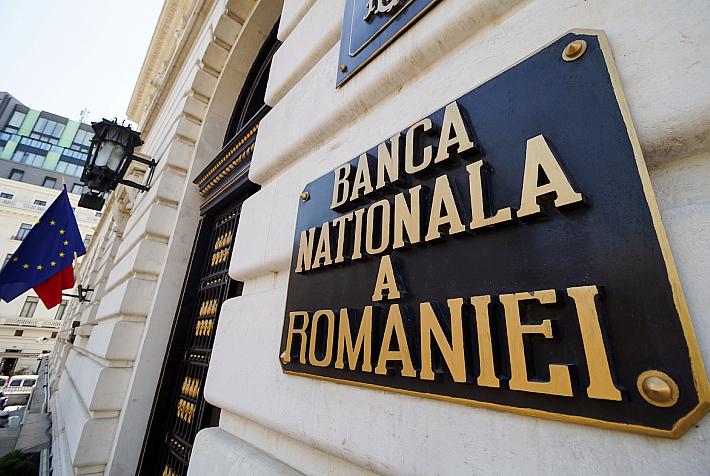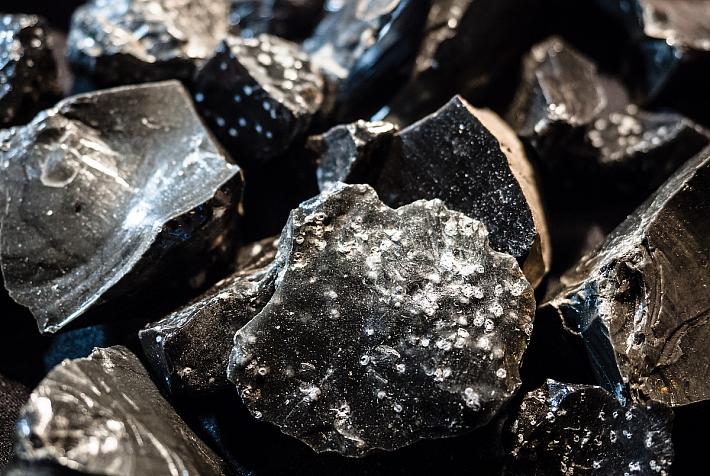Romanian film review – Four films for the season

If you need a break from the traditional Christmas frenzy, or, if possible, from the current social and political commotion, here's a small list of films for this (particularly stormy) season.
The titles picked are not just some of my favourites, but also films which are excellent at mixing lightness with an acute commentary on history, politics, and social dynamics.
There is not better way to start than with the holy grail of Romanian Christmas movies, the wonderful A fost sau n-a fost/12:08 East of Bucharest. Corneliu Porumboiu's brilliant feature debut from 2006 centres on a group of three representative citizens from the provincial town of Vaslui who gather on the 22nd of December 1995, sixteen years after the Romanian Revolution of 1989, to debate live on the local TV channel whether their city took an active part in the Revolution, meaning if the town’s protesters rose against Ceauşescu or merely reacted to the events in Bucharest. As the dictator fled Bucharest at exactly 12:08, the burning question is whether the people of Vaslui took the streets before or after this time. Hence the English title. The only problem is that these three gentlemen have a terrible memory, and are plagued by a terrible temper, depression, and alcoholism, which makes them the worst debaters. Add a run-down studio and an incompetent cameraman to the hysterical host and the suicidal-looking, boozy guests and you have the (for us) funniest talk show in the history of television. Porumboiu's comic genius would be enough to make 12:08 East of Bucharest an instant classic, but what elevates it beyond 'mere' comedy, and makes it particularly relevant today, is its razor-sharp comment on writing and remembering history, and the need for a collective sense of identity.
Another film which deals with the 1989 Revolution, is Radu Munteanu's Hârtia va fi albastră/The Paper Will Be Blue, another brilliant debut, also from 2006. The story of young a militian who leaves his platoon to join the revolutionary movement on the night of 22nd of December, leading to a frantic search party, is a thrilling, funny, and ultimately very moving story of a historic moment told from a personal perspective.
A more theoretical take on the Romanian Revolution and its mediatic aspect is Harun Farocki's Videogramme einer Revolution/Videograms of a Revolution (1992). Farocki, a German documentarist, has collaborated with Romanian filmmaker Andrei Ujică to literally dissect the images of the Revolution, by now part of the collective memory, and analyse them one by one in an attempt to establish a chronology of the 'actual' events which took place. The filmmakers worked with over 100 hours of material from the national television archives, when the station was occupied by protesters and aired almost non-stop between December 21st, the day Ceaușescu made his speech from the balcony of the Central Committee building, and December 26th, the day of his death. An entire nation was living the Revolution through these very images on their television screens and Farocki nails it when he says that the Romanian Revolution was a visual revolution. Based on this angle, Farocki deconstructs the power of images in a moment of social and political crisis, and his connection between imagery and emotion is a true revelation, forcing the audience to re-think what one saw back then, how one interpreted those pictures, and ultimately what one knows and feels. It is cerebral, theoretical, demanding watching, utterly gripping, and a true eye-opener.
But since it is Christmas after all, let's end on a lighter note, with wonderful comedian Toma Caragiu and his deadpan, mischievous delivery. While always covertly political, his brilliant sketches shown on national television in the 1970s have become comedy folklore. Most pieces used to be aired on New Year's night, but there also plenty on Christmas celebrations, and generally all aspects of daily life which he could poke fun at. Meaning everything.
All films mentioned are available either on DVD (either at Amazon or Cărturești), streaming on YouTube, or will be aired on TV stations in the following days. Merry Christmas, dear Insiders!
Ioana Moldovan, columnist, ioana.moldovan@romania-insider.com











